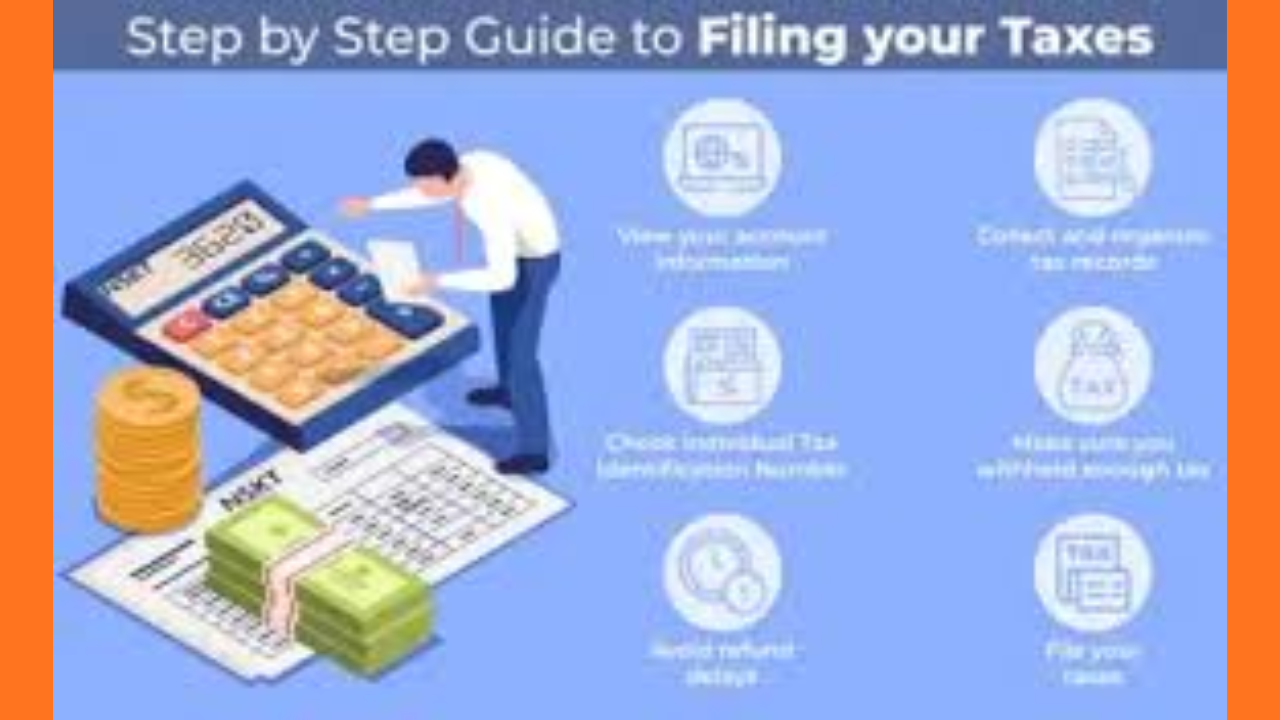Missed the ITR Deadline? A Lifeline Under Section 119(2)(b)
Thank you for reading this post, don't forget to subscribe!The usual deadlines for filing your Income Tax Return (ITR) can sometimes be missed due to unforeseen circumstances. But don’t panic! The Income Tax Department offers a crucial lifeline: the condonation of delay under Section 119(2)(b) of the Income Tax Act, 1961.
What is Condonation of Delay?
This provision allows taxpayers to file a request to the Income Tax Department to excuse their late ITR submission. If your request is approved, you can file your return beyond the typical deadlines without facing the usual penalties, interest, or fines. This is a critical option, especially for those who need to claim a tax refund or carry forward past losses.
The “Genuine Hardship” Rule
The key to a successful condonation request is proving “genuine hardship.” The Income Tax Department will only approve your application if you can provide a valid and compelling reason for your delay. This requires you to submit detailed documentation and a clear explanation of what prevented you from filing on time. Examples might include a medical emergency, a natural disaster, or other significant events beyond your control.
How It Works and What to Do
- Access the Portal: Head to the official Income Tax e-filing portal.
- Find the Option: Look for the ‘condonation request’ option under the “Services” tab.
- Prepare Your Case: Before you submit, gather all necessary evidence and documentation to support your reason for the delay.
- Submit and Wait: File your request. The Income Tax Department will review it and make a decision at its discretion.
- Act Fast if Approved: If your request is granted, you must file your ITR immediately and e-verify it to avoid any future complications.
Condonation vs. ITR-U: Know the Difference
It’s easy to confuse this with an Updated Return (ITR-U) under Section 139(8A). Here’s why they are different:
- ITR-U: Allows you to file a return up to four years after the relevant assessment year, but you’ll have to pay a significant additional tax (ranging from 25% to 70%).
- Condonation Request: If approved, it lets you file your return without these extra taxes, interest, or penalties.
Stay Vigilant
While this provision is a valuable tool, it’s not a substitute for timely compliance. The final decision rests with the tax authorities, and a poorly documented or unjustified request can be rejected. Always aim to file your returns on time. If you face a genuine reason for delay, this process provides a clear path to get back on track with your tax obligations. For complex situations, consulting with a tax professional can ensure you’re on the right path.

















